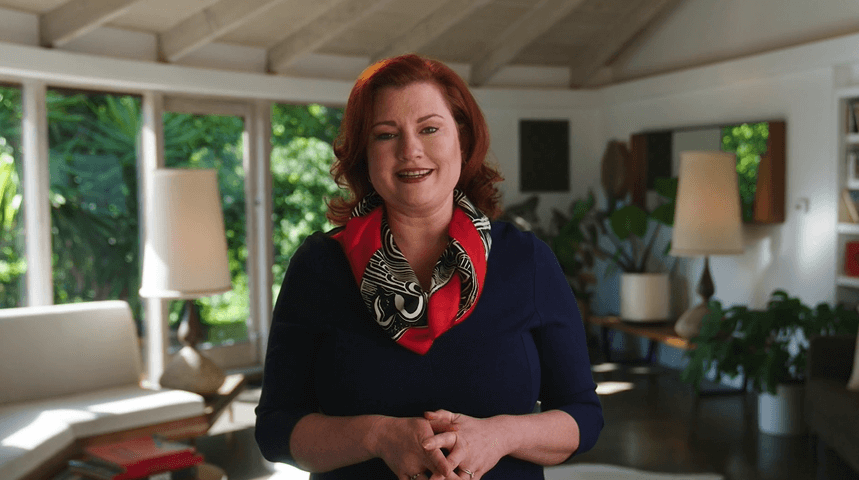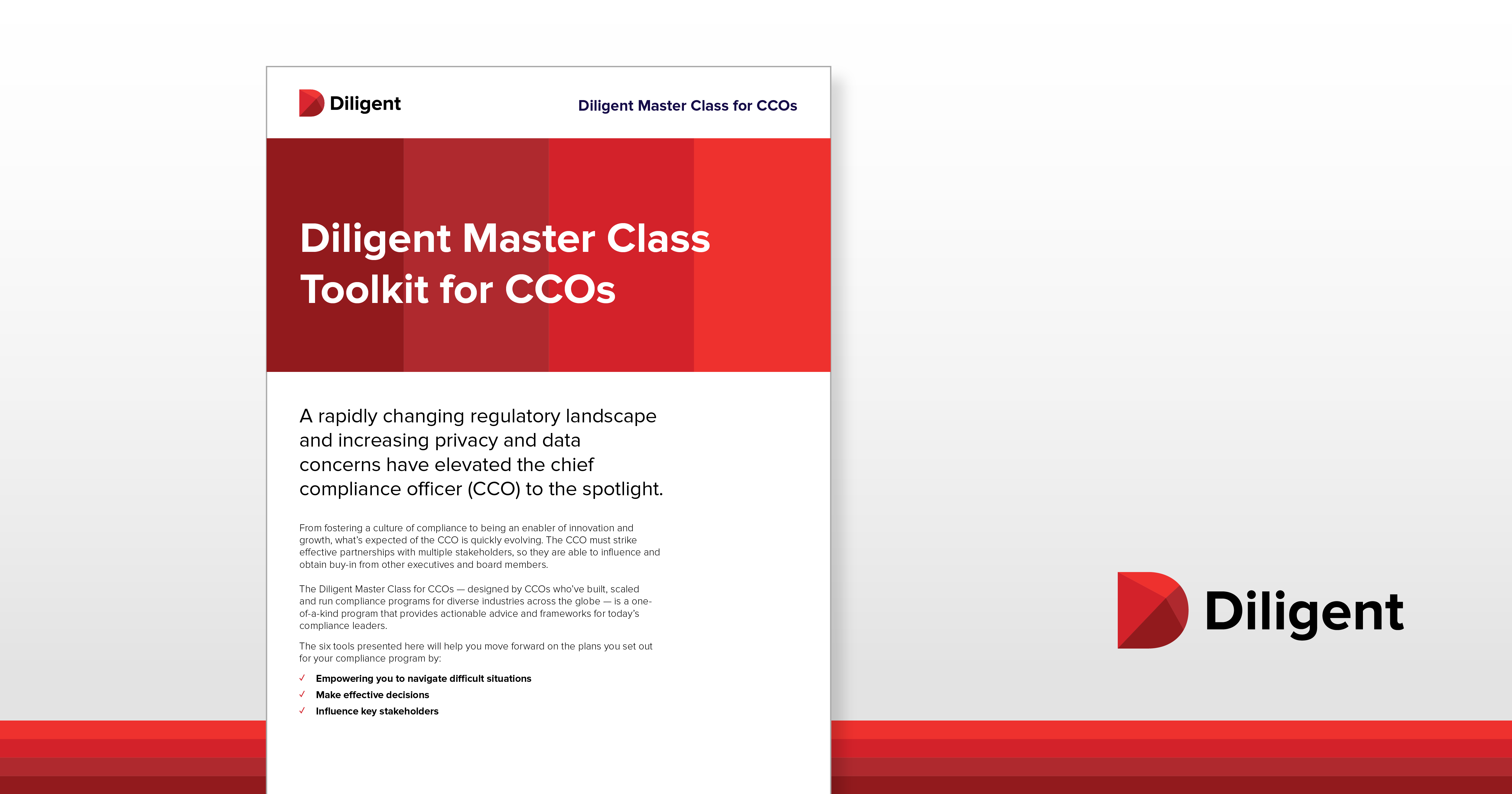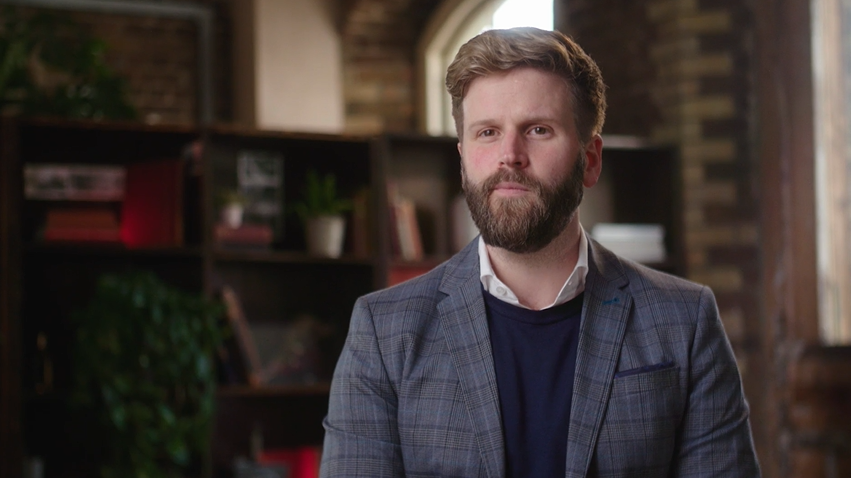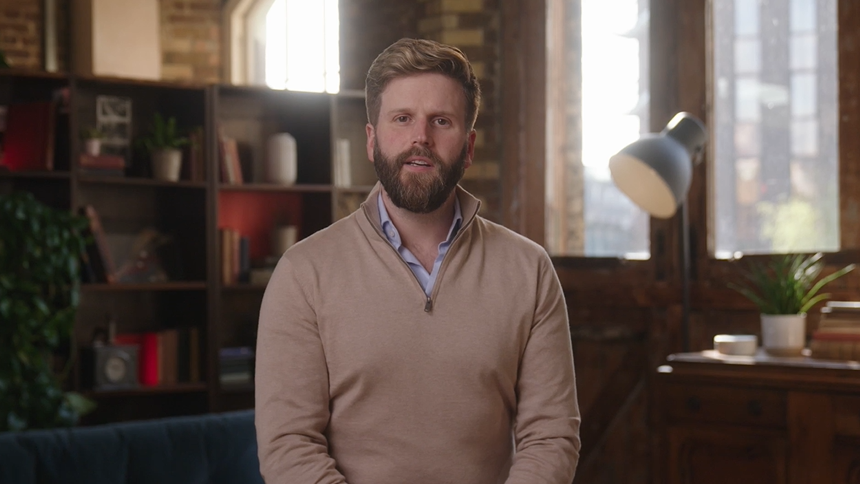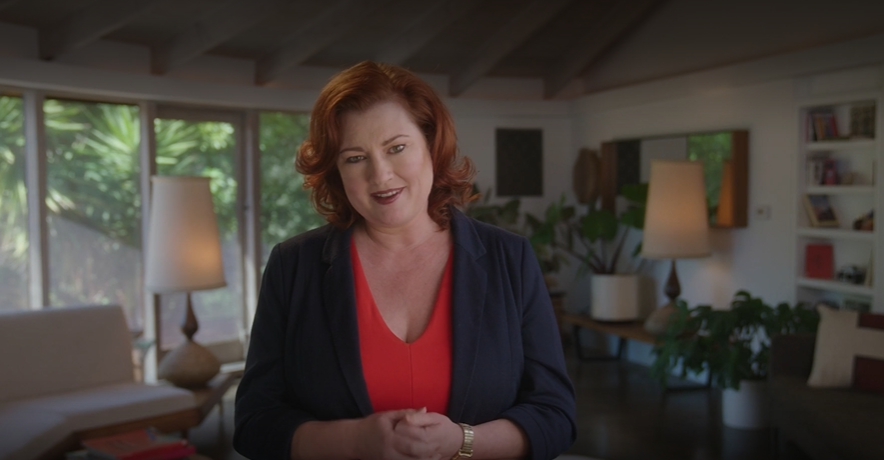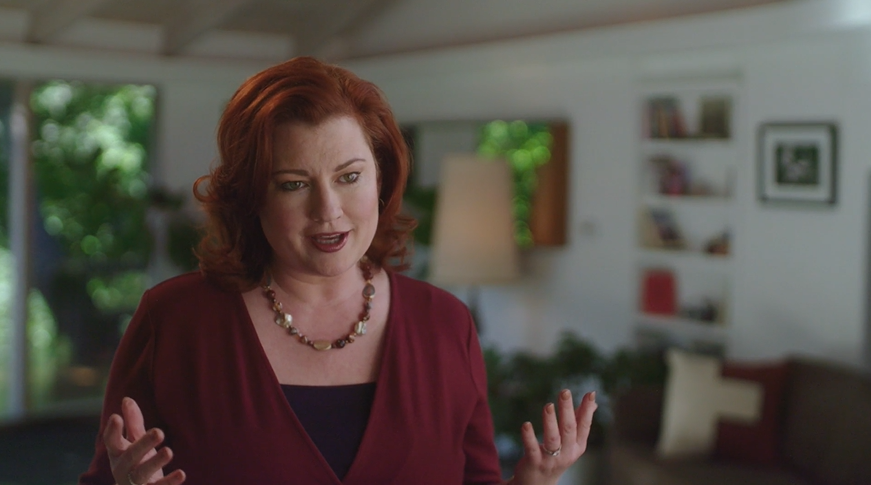
This is the fifth blog in a 6-part series, the Diligent Master Class for CCOs (Chief Compliance Officers). Designed by CCOs who’ve built, scaled and run compliance programs for diverse industries across the globe, this is a one-of-a-kind program that provides actionable advice and frameworks for today’s compliance leaders. You may want to check out the previous blog in this series, Data in the Boardroom.
Throughout my career I’ve had front row seats to crises. What tragedies they were. And what a privilege to be able to help clean them up. I’ve walked through what was the largest factory in the UK where employees had stood up, left their desks and never returned. That was MG Rover at Longbridge, Birmingham. Years later, I would see the rather more luxurious Lehman Brothers offices in London after the bank collapsed. Empty desks, half-completed trades and angry former staff.
Crises aren’t the rarity we all wish they were – they’re everywhere. A habit I’ve developed is to open the newspaper and count the new stories over the first few pages. How many are integrity scandals? A lot… and many of them involve businesses that we know and interact with regularly. The pandemic seemed to supercharge the frequency of scandal through public procurement, government support schemes and vaccine rollouts all over the world.
Emerging Integrity Crises
I first came across Yara in 2011. It was Norway’s third-largest company, with over 100 years of innovation and sprawling global operations. But Yara had a problem — the company was unable to answer basic questions from the media on a joint venture in Libya. A crisis quickly developed, and, as Chief Compliance Officer (CCO) for nearly seven years, I was tasked with leading Yara’s ethics and compliance efforts. Libya wasn’t the only issue that interested the authorities; in Yara’s settlement, deals in Russia and India also came to the fore.
I often reflect on how the Yara crisis came about and how it was handled. Fascinatingly, some people were in denial that a crisis existed at all. No doubt, this can briefly help to deflect attention, but in my view, it hinders proactive leadership. I learned that planning for a crisis is tough, but you can have some basics in place to ease the pain.
Creating the right governance is as basic as it gets. Listing out the crisis team where the right people are in the lead is essential, as is a clear instruction on who can speak to the media. As CCO, you’ve got to be ‘in the room,’ arguing for a fact-based and methodical approach. Often CCOs find themselves in leadership roles because of their ability to handle crisis situations with a calm, clear head — and because of their independence. For example, if a crisis involves the CEO or a board member, the CCO will need to have in place clear governance that would allow them to step up and handle the crisis.
How to Respond to a Crisis
When it comes to responding to integrity crises, experience tells us that fact-building is key. As the senior team discusses the way forward, every effort should be made to remove guesswork and over-hypothesizing. I’ve been in teams that spent months knitting together data and interview notes to form a picture of what has happened, and no decisions could be made until our work was complete.
In the House of Commons expenses scandal, we built up data for hundreds of expenses claims for hundreds of MPs across many years to pinpoint mistaken or fraudulent claims. Similarly, at a regional council in Norway, we painstakingly pieced together the timesheets for healthcare workers across many years to reveal breaches of the working hours regulations. The subsequent interviews showed what human costs were being borne by nurses due to poor management and unfit systems. Without the certainty of facts and data, you’ll never climb your way out of a crisis.
Armed with the facts, you can begin setting out a roadmap for handling the crisis. For those who have made such roadmaps, you’ll know that recovery can take many years. As you execute your roadmap, you’ll be communicating with stakeholders like owners and regulators. Don’t forget to be as open as possible also with your employees. They’re often hardest hit by a crisis, as a part of their identity is damaged through no fault of their own.
Your choice of communications strategy will greatly impact how employees, stakeholders and the wider public perceive the organization – don’t adopt a standard corporate communications approach when people expect a moment of humility and reflection.
Real Change
Crises happen for underlying cultural or organizational reasons, and you must seize the opportunities for real change. As difficult as it might be, the CCO should reflect deeply on whether the organization can use a crisis to change itself for the better. Be willing to correct the harm you have caused.
All the organizations I’ve worked with have gone from strength to strength. This is thanks to the courage of whistleblowers, the responsiveness of shareholders and the steady hands of excellent leaders. The re-birth of an organization post-crisis is quite something to behold. I hope my reflections on crisis management help some of you to ease the journey towards these sunlit uplands!
Our next blog in this series, ESG and the Future of Compliance, discusses how a sincere focus on ESG can change your organization — and society as a whole — for the better.

Ezekiel Ward
Ezekiel “Zeke” Ward advises companies on how to build and refresh best-in-class ESG, ethics and compliance programs. He has been SVP and Chief Compliance Officer at Volvo Group and Yara International. A lawyer by education, he is also a Fellow Chartered Accountant with a forensic background at PwC and KPMG.
More From Diligent Master Class for CCOs
